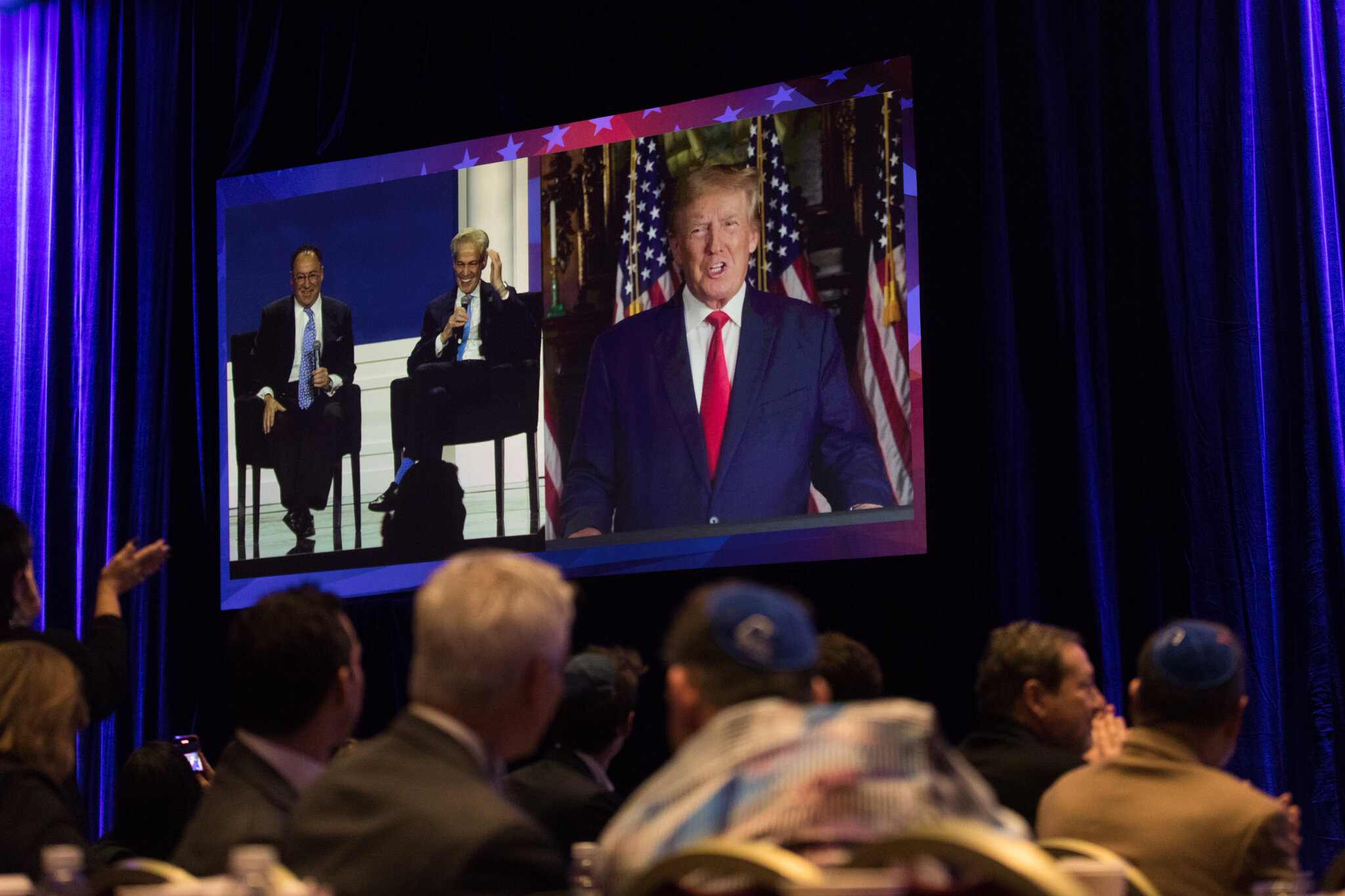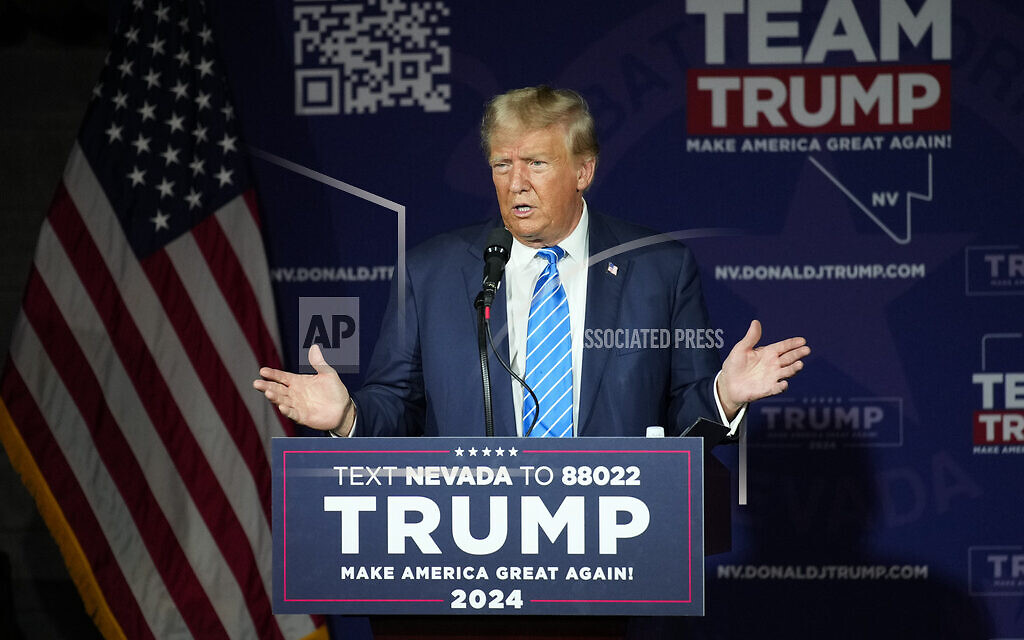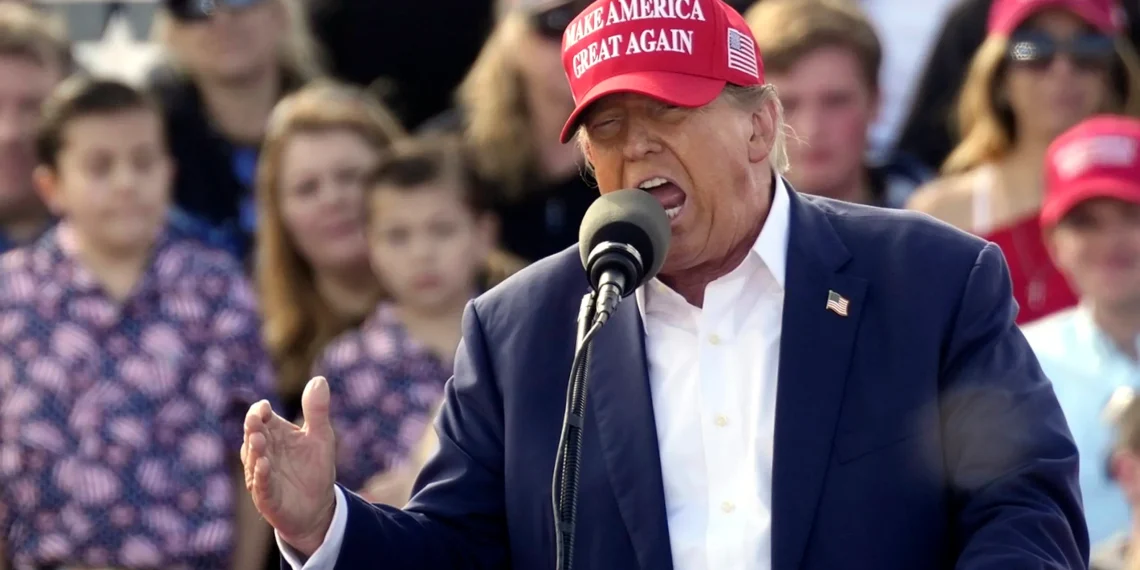Donald Trump‘s relationship with the Jewish community has been marked by controversial rhetoric and political maneuvers. From insinuating Jewish control through money to questioning the loyalty of Jewish Democrats, Trump’s statements have stirred debate among American Jews.
Trump’s remarks, including his accusation that Jewish Democrats betray their faith and Israel, have polarized opinions within the Jewish community.
While some view his comments as reinforcing antisemitic stereotypes, others see them as a valid critique of Democratic policies towards Israel.
Jonathan Sarna, a professor of American Jewish history, suggests that Trump’s statements exploit divisions within the Jewish community.

Those who oppose Trump often perceive his words as alienating, while his supporters view them as resonating with their political beliefs.
Trump’s comments come at a time of heightened tensions between Democrats and Republicans over Israel and Gaza. While some Jewish leaders criticize Trump for perpetuating harmful stereotypes, others defend him, citing concerns over the Democratic Party’s stance on Israel.
Matt Brooks, CEO of the Republican Jewish Coalition, argues that Trump’s remarks should be understood in the context of ongoing conflicts in the Middle East.
He contends that Trump’s comments reflect widespread concerns among Jewish voters about Democratic support for Palestinians.

Despite Trump’s assertions, Jewish leaders across the political spectrum have condemned his statements as divisive and dangerous.
Rabbi Rick Jacobs of the Union for Reform Judaism emphasizes the need for bipartisan support for Israel amid escalating tensions in the region.
The Trump campaign reaffirms its position, aligning with Trump’s narrative. However, many Jewish voices continue to denounce Trump’s rhetoric, highlighting the complexities of Jewish political identity and the challenges of navigating partisan divides within the community.





